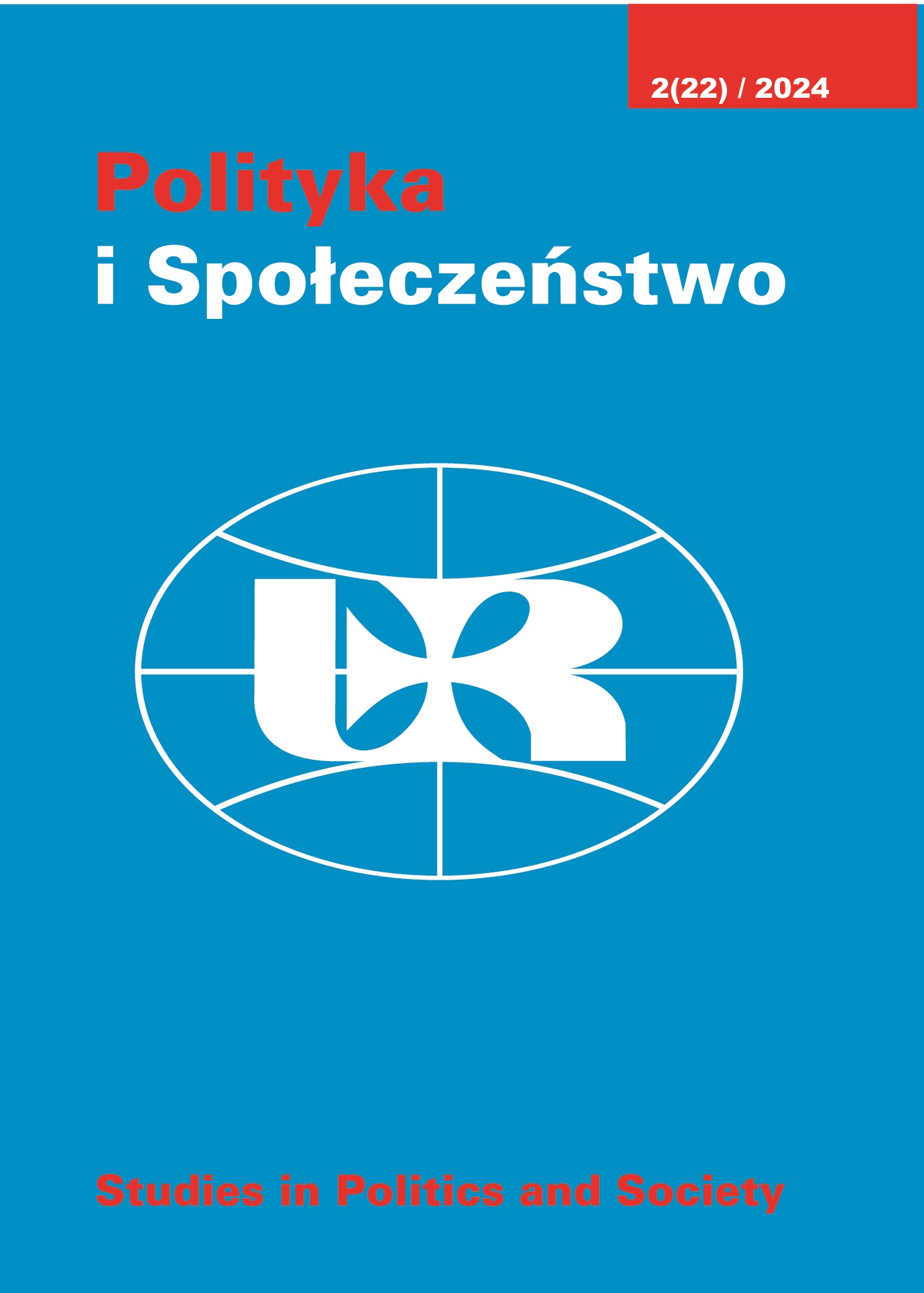“We in Poland do not know the concept of peace at any price”. Diplomacy and intelligence in the period of approaching war
DOI:
https://doi.org/10.15584/polispol.2024.2.2Keywords:
diplomacy, threats to Poland's security, Second Department of the General Staff, artificial intelligence, counterintelligence, AbwehrAbstract
After gaining power in Germany, Adolf Hitler consistently implemented his plan to revise the borders with Poland. He attached great importance to the expansion of military potential. In 1935, the Third Reich began unlimited expansion of its armed forces and preparations for war. The Abwehr implemented an important part of the war preparation plan, focusing its attention on reconnaissance of Poland. Hitler's peace gains in the second half of the 1930s enabled him to dominate Central Europe. The policy of concessions of the Western powers made it easier for Germany to implement its expansionist plans. During the Sudeten Crisis, Minister of Foreign Affairs Józef Beck sought an agreement with the Third Reich. However, Hitler had other plans. J. Beck categorically rejected Hitler's territorial demands presented to the Polish side in the autumn of 1938 and repeated the following year. He was aware of the consequences of this decision. He presented his position on German demands and the threat of use of force by the Third Reich in the Parliament on May 5, 1939. He obtained the full support of parliamentarians and Polish society. The diplomatic actions undertaken by J. Beck did not protect Poland from Hitler's aggression. The information from Polish intelligence was of exceptional importance during the war threat from the Third Reich. In the summer of 1939, the leadership of the Second Department of the Main Staff received information from various sources about the inevitably approaching war. The military attaché in Berlin, Lt. Col. Antoni Szymański, sent reports to Warsaw about the concentration of the Wehrmacht in the area of the border with Poland. The highest military authorities treated this type of news with some reserve. The Polish side's intelligence reconnaissance regarding the Third Reich's preparations for war, despite many shortcomings, was quite good. The Supreme Command obtained from the intelligence the appropriate characteristics of the situation and sufficient materials to make strategic decisions. Polish intelligence and diplomacy have not figured out German-Soviet relations since the beginning of 1939 and the rapprochement of both enemies. The article, based largely on source materials, presents the behind-the-scenes of Polish diplomacy in the face of the German threat and the secrets of intelligence in identifying the Third Reich's preparations for war with Poland.
Downloads
Published
How to Cite
Issue
Section
License
Copyright (c) 2024 Polityka i Społeczeństwo

This work is licensed under a Creative Commons Attribution-ShareAlike 4.0 International License.


